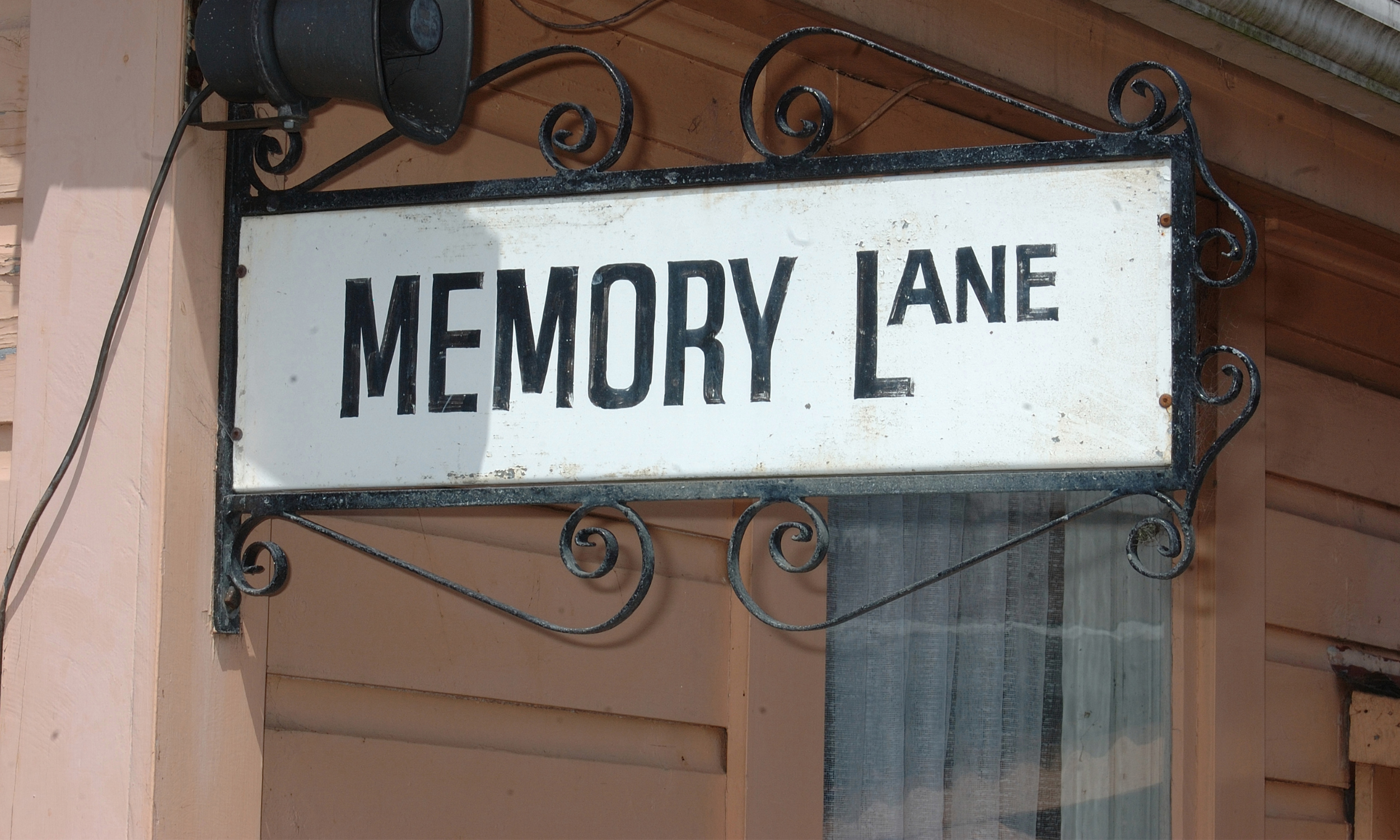Decluttering Sentimental Items
You may have heard the phrase, “memories reside in your mind, not in your things”, but is it true? And, how do you let go of these items?
Do you find it hard to let go of sentimental items? The possessions of a loved one who is no longer with you, or your things, childhood possessions, an old outfit that reminds you of your youth?
Fear of the lost memory or connection can see you clinging on, not wanting to let them go.
It’s human nature not to want to let go. However, even after holding on to items for years, many people never look at them.
But do our brains attach the memory of something or someone to the object itself? The blogs of minimalists often use the quote, “Memories reside in our minds, not in our things”. Whilst I generally agree, it got me wondering whether these items trigger memories.
Do sentimental items trigger memories?
Research studies conclude objects can and do trigger memories. When you hold a valued possession in your hand, chances are it will result in a memory positive or negative.
So why do some people feel ok letting go of items and others struggle? Research by the University of Bath in the UK discovered that some people could set aside the memory to ease the task of discarding things and avoid accumulating clutter. For others, the positive memory is so intense that it gets in the way of their attempts to discard objects and builds clutter. People diagnosed with Hoarding Disorder have a particular struggle with this.
I believe we are all on a spectrum. Some people need more structured help with this than others.
Below are some of my thoughts that will help you along your decluttering journey.

Things to consider before decluttering sentimental items
What impact do these things have on your day-to-day life - Are they getting in the way, physically or mentally, are they dragging you down? Would life be easier/better without them?
How often do you look at them? - If the answer to this is rarely, ask yourself if there is a better way to record them (perhaps taking a photo) that will still act as a memory trigger but that takes up less space and is easier to access.
You don’t have to purge everything - perhaps just keep the things most precious to you and discard the rest.
What will happen to these items after you are gone? – will you pass on a physical or mental burden to your family. Minimising now can help to reduce the burden on others later.
Could someone in need use these things - knowing that someone else can use it can make you feel better about letting it go.
Are these things keeping you stuck in the past - whilst it’s lovely to recall a positive memory, sometimes this can see you focussed on the past rather than the now and the future. Letting go can give you space (mental and physical) to do new things for yourself, be it a new hobby, activity or even relationship.
You are not a bad person - getting rid of the things of others can be painful, and it can feel like you are rejecting the people they belonged to. You should not feel guilty. If it helps, saying thank you and showing gratitude towards the item can help you let go.
The benefits of decluttering sentimental items that are cluttering up your home
There are so many benefits that you can experience by decluttering your home and sentimental items are no different:
More time - clutter fills up your space and makes it more time consuming to clean and find things.
Feel happier - the burden of clutter weighs you down. Removing it will make you feel more comfortable and lighter day to day.
Let go of the past – and develop a more positive outlook for the future.
Better sleep – clutter can make it difficult to relax and switch off, essential in developing good sleep habits.
Space to curate your home – when you remove the clutter from your home, it gives you a blank canvas to curate your environment to reflect you and be one in which you love spending time.
Charity – passing on things you don’t use to someone in need adds positivity to your life. There is nothing better than the feeling that you have helped another human being.
Better relationships – a cluttered home environment creates stress, which can damage relationships with partners and children. Decluttering can help dial down the stress levels.
Role modelling to children – children often pick up behaviours and habits from parents and the environment in which they live. Living in a cluttered environment may lead to your children developing clutter issues later in life.
Increase your productivity – working in a cluttered, distracting environment reduces productivity, decluttering can help remove this distraction and enable you to focus on tasks.
Decluttering is hard, but the benefits are truly life-changing.
If you need help decluttering we’d love to chat
My Curated Life is a Sydney-based decluttering & home organising business, stay connected by clicking below

